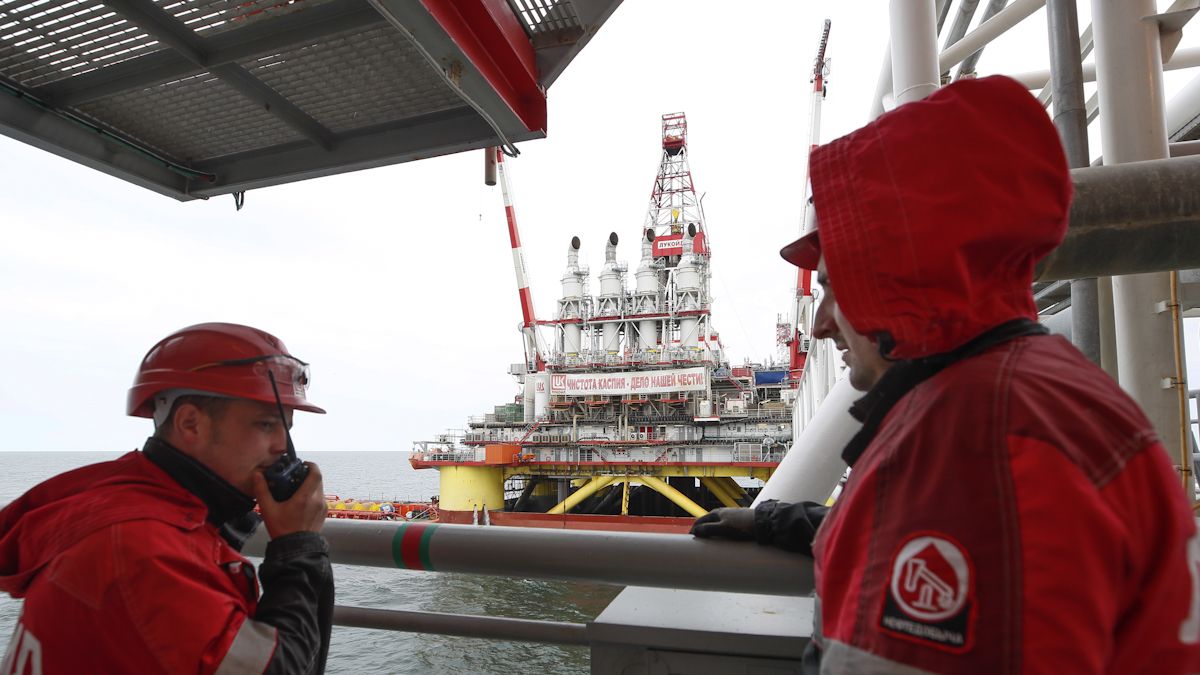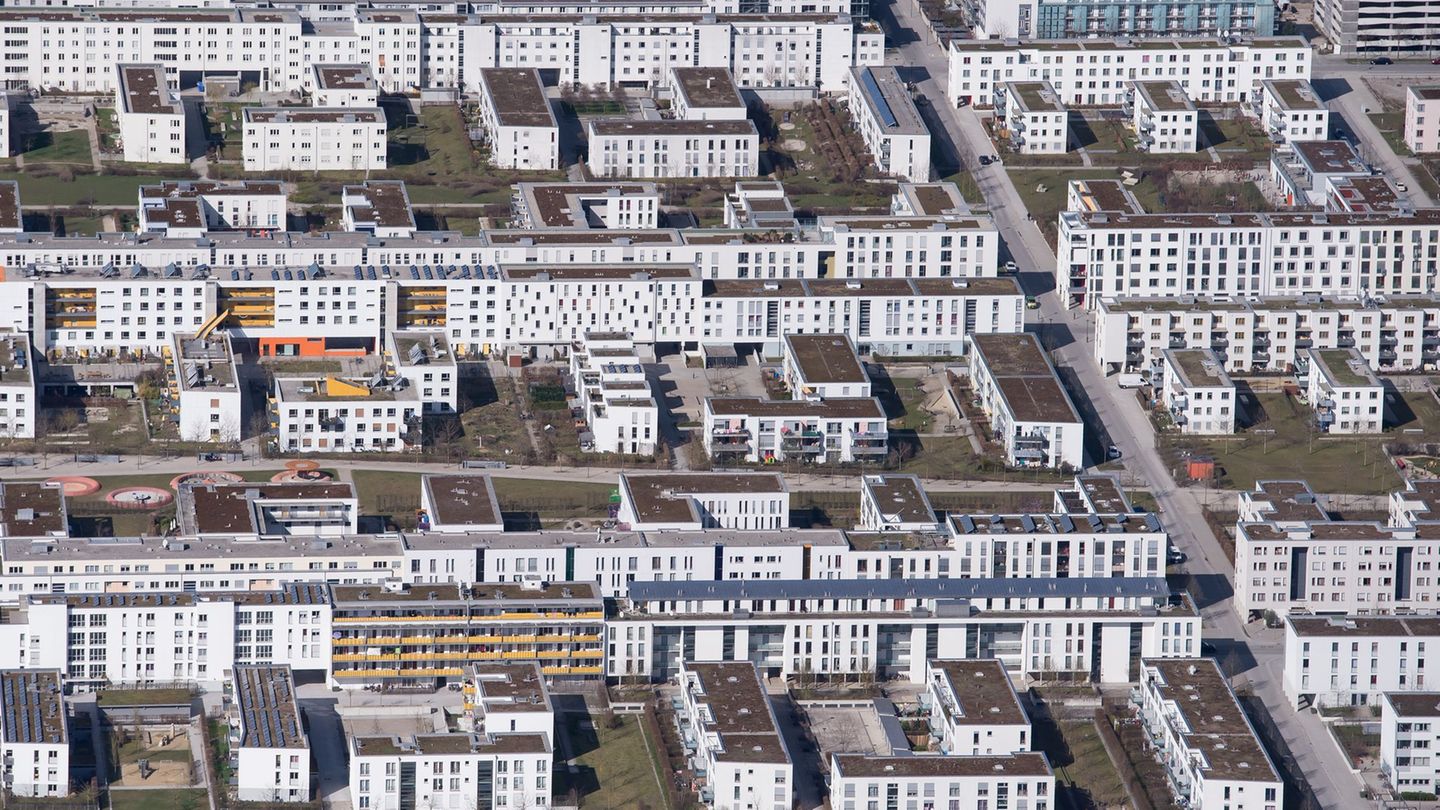The proposed oil embargo Russia it is part of the sixth package of EU sanctions but it crashed against the opposition of Hungary, which justifies that position by claiming that an embargo on Russian oil represents a threat to its energy security.
The ambassadors of the European Union held an exceptional meeting in Brussels on Sunday to try to pave the way for an agreement that would allow the sixth package of sanctions against Russia to be approved, and in the absence of an agreement, that meeting continued on Monday.
Starting in the afternoon, European leaders are due to start a two-day summit in the Belgian capital to discuss ways to help Ukraine in the face of the Russian invasion, and how to reinforce European spending on defense.
The President of Ukraine, Volodymyr Zelenskyplans to connect by videoconference to the meeting with his European counterparts.
Faced with the enormous difficulty in reaching a consensus, the EU wants to avoid showing its internal divisions at any cost and is therefore looking for a way out.
Hungary, a landlocked country, imports 65% of the oil it consumes from Russia through the Druzhba pipeline and, along with Slovakia and the Czech Republic, have requested an exception to the import ban.
Diplomats said affected countries have been given a two-year delay to the embargo, but that Budapest wants at least four years and almost 800 million euros in European funds to retrofit its refineries.
A European Union official told AFP that the latest compromise solution would exclude the Druzhba pipeline from the embargo “for the time being” and only impose sanctions on oil shipped to the European Union by tanker.
Bolstered by his recent re-election, the Hungarian Prime Minister, Victor Orbáneven sent a letter to the President of the European Council, Charles Michel, in which he explicitly expressed his wish that the question of the embargo against Russia be discussed at the summit.
In addition, the EU has not yet approved the Hungarian post-pandemic recovery plan, due to the bitter differences between Brussels and Budapest over the quality of democracy and the rule of law in that country.
Still hoping to find a solution, EU officials are trying to insist that the problem is technical and not about political differences between Orban and his EU partners.
But a senior EU diplomat warned that tempers were being tested by suspicions that negotiators were going too far in their efforts to placate Orban.
Source: Ambito
David William is a talented author who has made a name for himself in the world of writing. He is a professional author who writes on a wide range of topics, from general interest to opinion news. David is currently working as a writer at 24 hours worlds where he brings his unique perspective and in-depth research to his articles, making them both informative and engaging.




